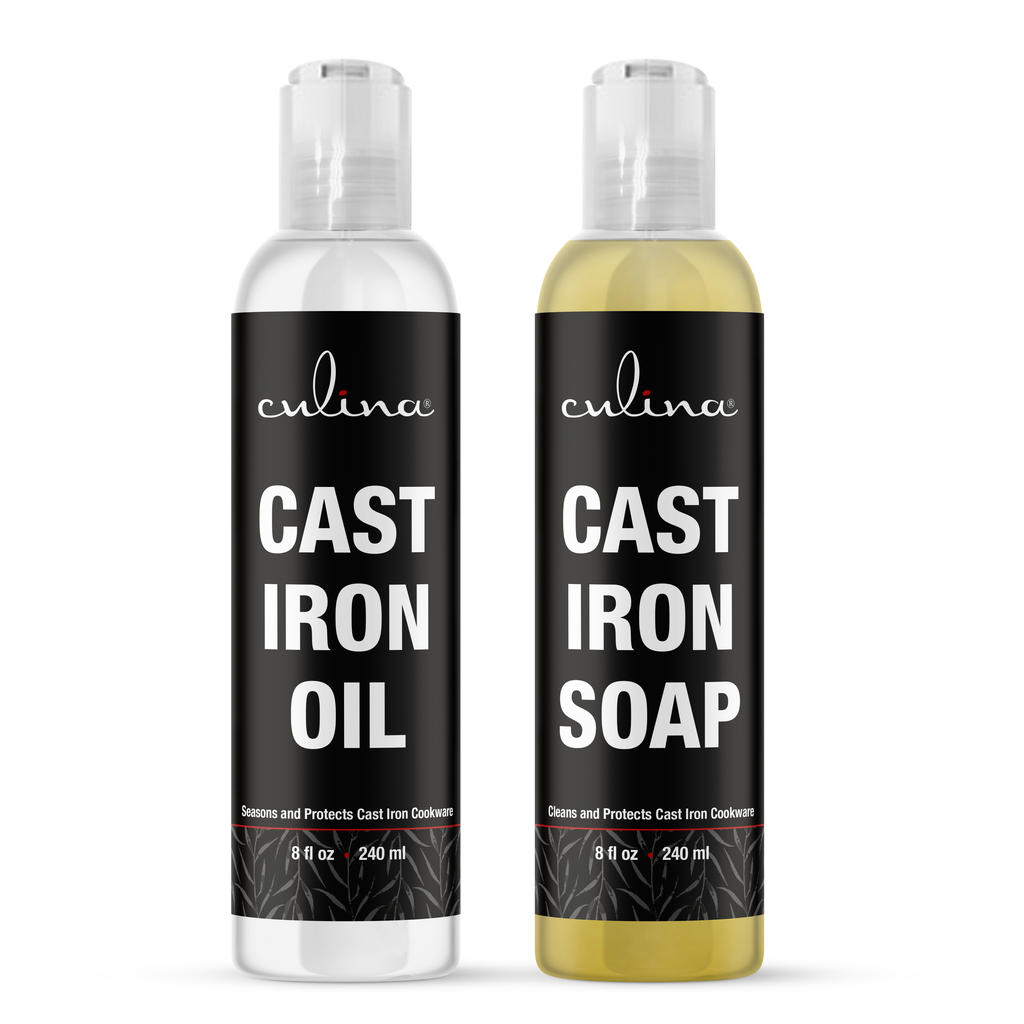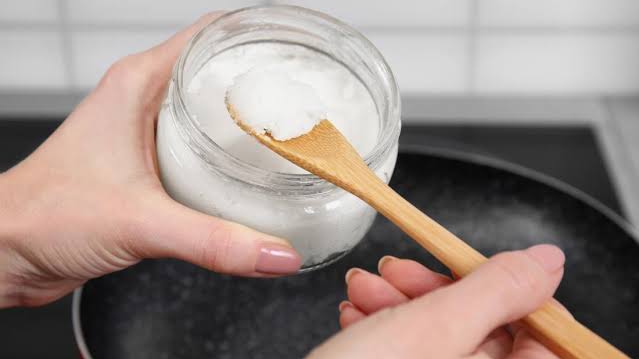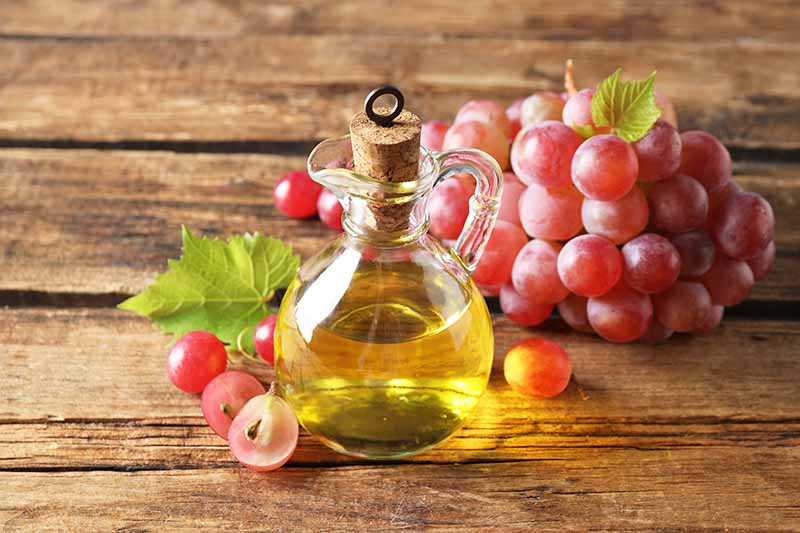How to Clean Porcelain Kitchen Sink for Stunning Results?
Cleaning a porcelain kitchen sink is essential to maintain its beauty and functionality. If youre in the beautifying industry, you know that cleanliness greatly influences aesthetics. In this article, well explore how to clean porcelain kitchen sink effectively, ensuring it shines brightly, just like your workspace.
Porcelain sinks, while beautiful, require specific care and cleaning techniques to prevent scratching and discoloration. Whether you're a beautician providing tips to your clients or looking to spruce up your own kitchen, this guide covers everything you need to know.

Understanding Your Porcelain Sink
Before diving into cleaning techniques, it is vital to understand what a porcelain sink is. Porcelain is a type of ceramic made from clay and other minerals. It is baked at high temperatures, which gives it a glossy finish and a hard surface known for its durability. However, this glossy surface can also be prone to staining and scratching.

Things to Keep in Mind When Cleaning Porcelain Sinks
- Always use soft cloths or sponges to avoid scratches.
- Opt for non-abrasive cleaners specifically made for porcelain.
- Test any new cleaning solution in a small area first.
- Frequent cleaning prevents stains from setting.

Supplies You Will Need
Equipping yourself with the right cleaning supplies can make your cleaning process quicker and more efficient. Heres a list of what you might need:
- Soft cloths or sponges
- Non-abrasive cleaner (like a liquid dish soap)
- White vinegar
- Baking soda
- Hydrogen peroxide
- Rubber gloves for protection
- A soft brush for tough stains

Step-by-Step Guide on How to Clean Porcelain Kitchen Sink
1. Rinse the Sink
Start the cleaning process by rinsing the sink with warm water. This helps to loosen any debris or grime present on the surface. Be sure to rinse well so that no soap residue remains.
2. Apply a Non-Abrasive Cleaner
Once rinsed, apply a few drops of non-abrasive liquid dish soap directly onto the sink. Use a soft cloth or sponge to spread the soap evenly, paying special attention to any stained areas. Work in a gentle circular motion to lift dirt without scratching.
3. Baking Soda Treatment for Stains
If your sink has stubborn stains, sprinkle baking soda directly onto the affected areas. Use the damp sponge to scrub gently. The baking soda acts as a mild abrasive, lifting stains without damaging the porcelain.
4. Use White Vinegar
For persistent stains, fill a spray bottle with white vinegar and spray the affected areas. Let it sit for a few minutes before scrubbing again with a sponge. The acid in vinegar helps break down any remaining residues.
5. Rinse and Dry
After scrubbing, rinse the sink thoroughly with warm water, ensuring all cleaning agents are removed. Finally, dry the sink with a soft cloth to prevent water spots.
Regular Maintenance Tips
To keep your porcelain kitchen sink looking its best, consider these maintenance tips:
- Wipe the sink down daily after use.
- Avoid using harsh chemicals or abrasive cleaners.
- Clean up spills immediately to prevent stains.
- Periodically deep clean using baking soda and vinegar solutions.
Dealing with Tough Stains
If you encounter tough stains that do not respond to basic cleaning, you can try using a mixture of hydrogen peroxide and baking soda. Create a paste and apply it on the stains, allowing it to sit for at least 30 minutes before scrubbing and rinsing.
Conclusion
Cleaning a porcelain kitchen sink might seem daunting, but with the right tools and techniques, you can keep it looking brand new. Remember, frequent maintenance and immediate attention to spills will go a long way in preserving its elegance.
For more related cleaning tips, check out our articles on cleaning greasy kitchen blinds and cleaning up oil spills.
As you manage your workspace, ensuring cleanliness and hygiene reflects your professionalism. Share these tips with your clients to elevate their kitchen aesthetics!
FAQs
1. Can I use bleach to clean my porcelain sink?
It is not recommended to use bleach as it can lead to discoloration. Stick to non-abrasive cleaners instead.
2. How often should I clean my porcelain sink?
Regular cleaning after use and a deeper clean weekly should suffice to maintain its shine.
3. What if my sink has scratches?
For minor scratches, you can try buffing them out with a mixture of baking soda and water. However, deep scratches may require professional refinishing.
As an Amazon Associate, I earn from qualifying purchases.

